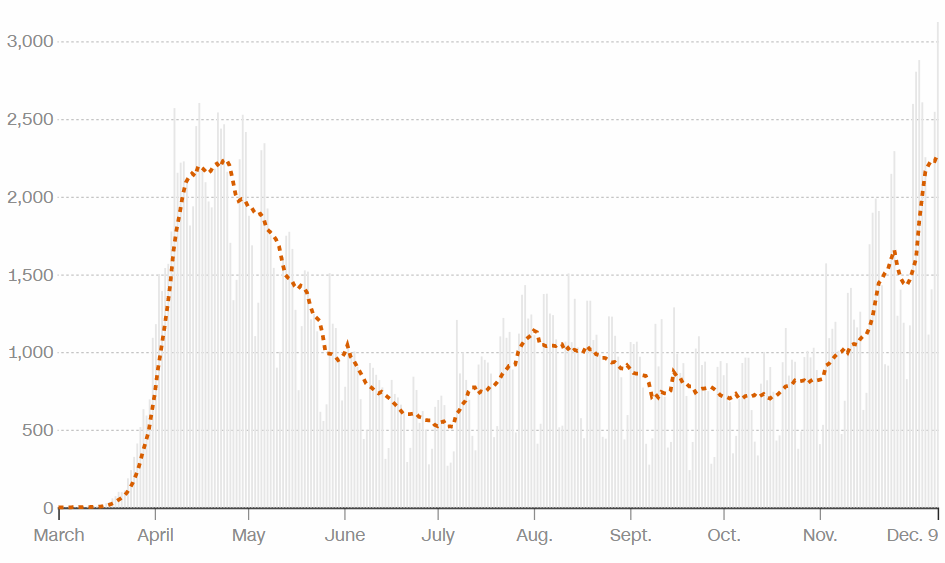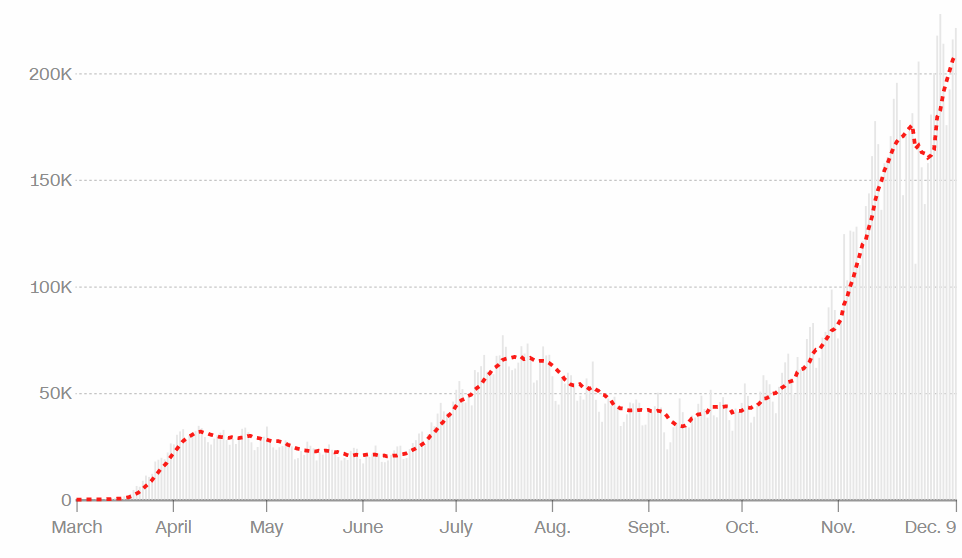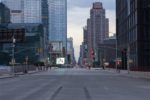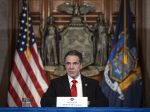The United States should be celebrating a day of great hope today, as a Covid-19 vaccine could get authorized for emergency use very soon.
Instead, it’s a day of devastating loss. The daily death toll from Covid-19 reached a record high of 3,124 Wednesday, according to Johns Hopkins University.
That’s more deaths than those suffered in the 9/11 attacks. And experts say the death toll will get worse.
A new composite forecast from the US Centers for Disease Control and Prevention projects a total of 332,000 to 362,000 Covid-19 deaths by January 2. That forecast combines modeling from 40 independent research groups.
Covid-19 hospitalizations also reached a new record high of 106,688 on Wednesday, according to the COVID Tracking Project.
And more than 221,000 new infections were reported in just one day — inevitably leading to even more hospitalizations and deaths.”We are in a totally unprecedented health crisis in this country,” former Health and Human Services Secretary Kathleen Sebelius said.
“The disease is everywhere — Midwest, West Coast, East Coast, North, South. Health care workers are exhausted. Hospitals are totally full.”And that could mean reduced health care for many kinds of patients — not just those with coronavirus.
The ‘light at the end’ of a very long tunnel
Vaccine advisers for the US Food and Drug Administration are meeting Thursday to discuss the Pfizer/BioNTech vaccine.
If the FDA grants emergency use authorization in the coming days, the first Americans outside of clinical trials could start getting inoculated this month.
Covid-19 vaccines are a “really significant light at the end of the tunnel,” Sebelius said, but in the coming months it’s crucial that Americans stay vigilant and follow safety guidelines, like wearing face masks, social distancing and hunkering down in their social bubbles.
“We’ve got to take what we’ve learned in the last eight months and really put it into practice, so we don’t continue to have this unthinkable death toll and disease toll,” she said.
But the country will likely not see any meaningful impact until well into 2021 — and that’s if enough people get vaccinated, said Dr. Anthony Fauci, director of the National Institute for Allergy and Infectious Diseases.
US Covid-19 deaths over time
Gray bars represent the number of new deaths reported each day. The dashed orange line shows the seven-day moving average.

“Let’s say we get 75%, 80% of the population vaccinated. I believe if we do it efficiently enough over the second quarter of 2021, by the time we get to the end of the summer … we may actually have enough herd immunity protecting our society that as we get to the end of 2021, we could approach very much, some degree of normality that is close to where we were before,” Fauci said during a Harvard T.H. Chan School of Public Health virtual event Wednesday.
One big challenge: reaching the US communities that are hesitant of the vaccine and skeptical about the science behind it.
“We want to make sure that the vaccines are actually administered, and we’re afraid that won’t happen,” Paul Ostrowski, who is leading supply, production and distribution for Operation Warp Speed, told “Good Morning America” Wednesday.
“We must build a trust in American people,” he said. “We just want to make sure that everybody gets this vaccine because we’ve got to get our lives back.”
New shutdowns and extended mask mandates
State and local leaders from both parties are doubling down on safety mandates as coronavirus runs amok across the country.
Baltimore’s Democratic Mayor Brandon Scott announced the temporary shutdown of all restaurant dining and indoor recreation like bowling alleys, pool halls, and hookah bars.
“Baltimore City has not had to implement such severe restrictions since the very earliest days of the pandemic and the implementation of the stay-at-home order,” the city’s health department tweeted.
“Unfortunately, with the volume of new cases that we are seeing and the implications it has on hospital utilization, during a period of widespread, community transmission, activities such as eating, drinking and smoking in close proximity to others, should not continue.
“In Mississippi, Republican Gov. Tate Reeves signed a new executive order adding stricter limitations on indoor and outdoor gatherings and moving more counties to the state’s mask mandate list — meaning 61 of the state’s 82 counties are under a mask mandate.
Indiana’s Republican Gov. Eric Holcomb ordered hospitals to postpone or reschedule non-emergency procedures done in an inpatient hospital setting from December 16 through January 3 to preserve hospital capacity.
Holcomb also announced new caps on social gatherings starting this weekend, based on which color zone (determined by weekly cases per 100,000 and seven-day positivity rate) counties are in.
In Alabama, Republican Gov. Kay Ivey announced Wednesday she’s extending the state’s Safer at Home order, which includes a statewide mask mandate for another six weeks.
And North Dakota officials announced the extension of two orders that require face coverings and limit capacity at bars, restaurants, and other event venues.
Coronavirus’ spread in US
The United States is struggling to keep the virus under control, as new cases are reported each day. Gray bars represent the number of new cases reported each day. The dashed red line shows the seven-day moving average.

20 million people could get vaccinate in the next few weeks
A growing number of Americans say they would likely get a first-generation Covid-19 vaccine as soon as it’s available, according to new polling from Axios-Ipsos.
About 53% of respondents said they would get the vaccine promptly — up from 51% before Thanksgiving and 38% in early October.
The first emergency use authorization for a vaccine is expected soon, and about 20 million people could likely get vaccinated in the next few weeks, Secretary of Health and Human Services Alex Azar said Wednesday.
In the UK, “thousands” of people were already vaccinated Tuesday, the first day of the Pfizer/BioNTech vaccine rollout there, according to the National Health Service (NHS).
A day later, health officials said people with “a significant history of allergic reactions” should not be given the vaccine, after two health care workers experienced symptoms after receiving a shot.
The FDA will not “cut any corners” when deciding whether to authorize the vaccine, Azar said, saying he was sure what happened in the UK would be “something the FDA looks at.”Azar said he remains confident that by the end of the second quarter of 2021, any American who wants a vaccine will be able to get one.
But “even as we have such a bright future ahead, we face extremely concerning trends in the spread of the virus,” Azar said.”For now, we need to double down on the steps that can keep us all safe.”




